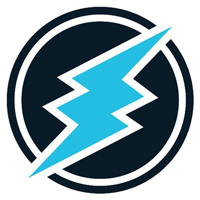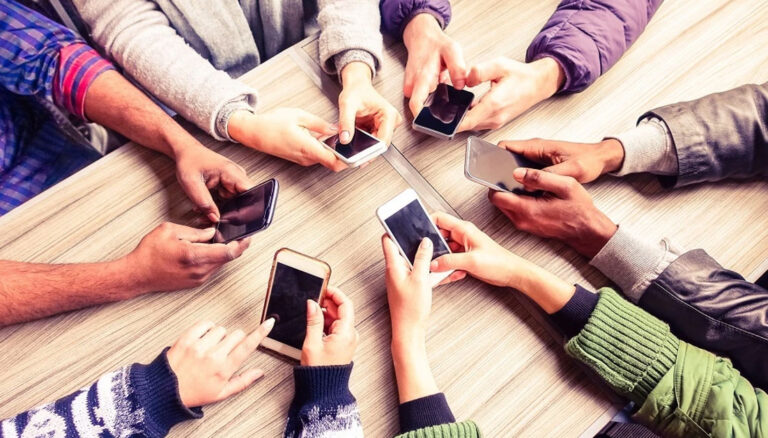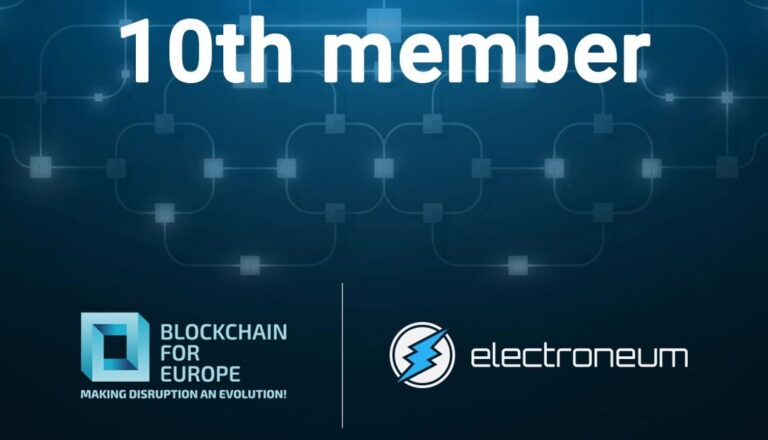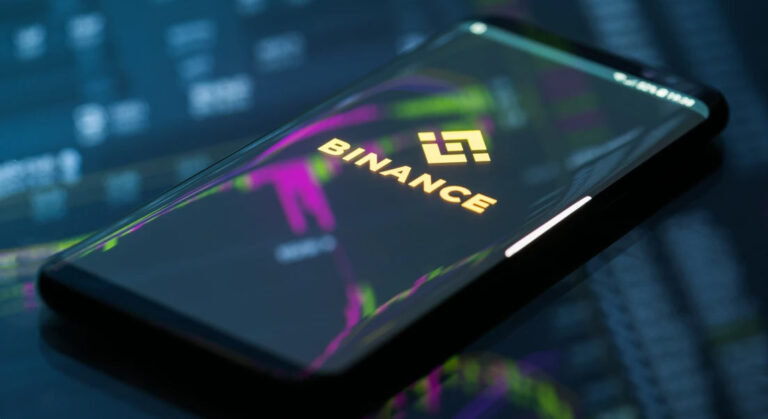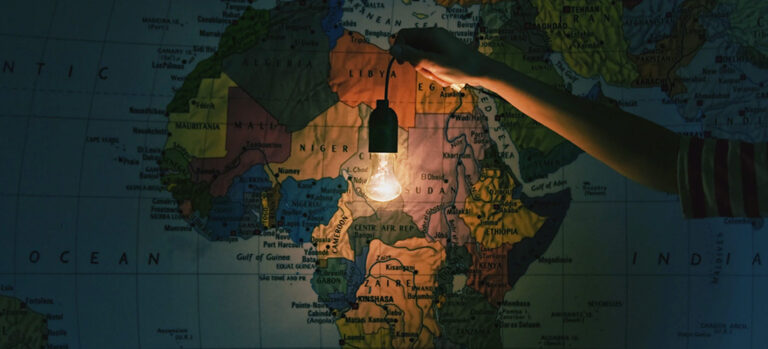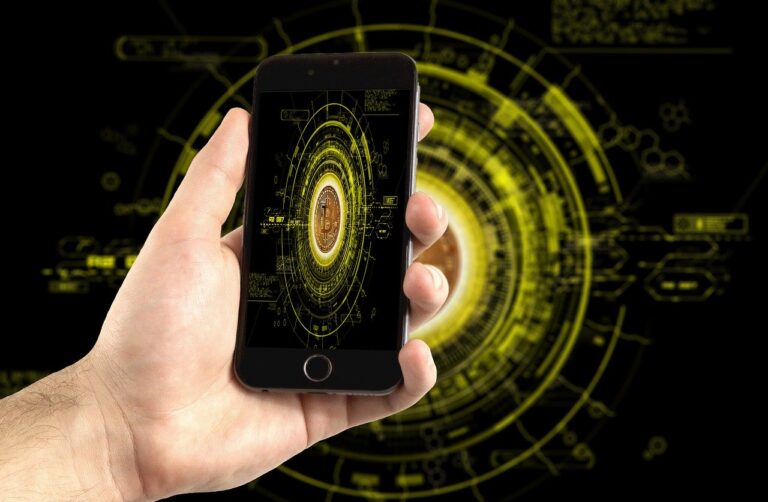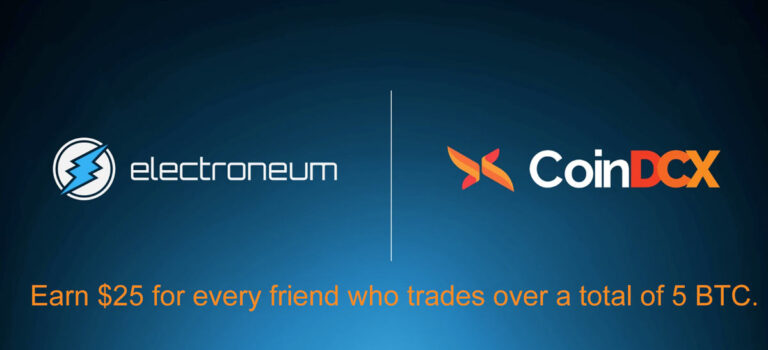The non-governmental organisation highlights that it is the first Indonesian NGO to work with cryptocurrency from Electroneum. Electroneum says Project Child shares its vision to empower people in developing regions.
Project Child is the third internationally renowned non-governmental organisation (NGO) to publicly reveal itself as one of the many trusted miners on the Electroneum blockchain. First, it was Ubuntu Pathways and then WONDER Foundation.
Electroneum is pleased to introduce Project Child, an education-oriented NGO based in Indonesia. In 2011, they began their humanitarian journey to change the lives of thousands of children and their families.
The vision of Project Child is for every boy and girl in Indonesia to have the chance to receive alternative education and, therefore, have a “healthy start”. Also, to feel supported and secure living in a clean environment prepared to face natural disasters”.
“We are proud to announce that Project Child Indonesia is the first NGO in Indonesia to be funded with cryptocurrency from Electroneum,” the organisation said in a recent press release.
In a separate statement, Project Child said they “are excited to be part of global changes by receiving our first cryptocurrency donation from Electroneum,” the organisation stated in a newsletter.
“It is a great example where technology, especially blockchain technology, could contribute significantly to any humanitarian causes and growing small non-profit organizations like Project Child to develop and expand its impact.”
Electroneum CEO Richard Ells said the association with Project Child helps further the mission of his company in developing countries.
“We have focused on creating solutions for problems that exist in developing countries, where the unbanked or financially excluded are trapped in a cycle of poverty,” said Ells. “We have partnered with NGOs that prioritise on long-term assistance that includes education as a way to empower the marginalised populations in the poorer countries.”
Project Child centres their priorities on three main topics, which are practical health focusing on the environment and disaster education; creating a holistic learning experience, and volunteer engagement.
In this regards, the organisation said the ETN rewards they received from mining the Electroneum network “has helped us fund our volunteer engagement and development activities, promoting volunteerism among Indonesian youth, and prepare them to be the spearhead of our efforts to bring drinking water and alternative education for Indonesian children.”
Indonesian riverside and beachside communities frequently face natural disasters that restrict them from breaking the systemic cyclical poverty. That is why Project Child focuses on providing them with the critical education and information they need to reduce to a minimum the fatal effects of floods, violent storms, earthquakes, and tsunamis.
As part of their holistic learning scheme, Project Child assists children across physical, emotional, mental, and spiritual dimensions. They ensure that boys and girls can develop as an “entire person”, outside of the norms of standard educational systems. They teach children arts, music, dance, storytelling, and other ways to share knowledge.
Volunteerism is also a key focus for Project Child as they aim to bring in more and more Indonesian citizens to help break the cycle of poverty across the country.
Ells said Electroneum is helping millions in developing regions with up to US$3 in ETN rewards a month. These rewards can be used for mobile top-ups, purchase of everyday items, and to send and receive ETN everywhere.
“A key part of our objective to help millions by bringing them out of financial exclusion and into the global digital economy, we are currently completing the creation of our AnyTasks freelancer and TaskSchool free eLearning platform,” he said. “People in need will be instantly financially included and allowed to earn extra income with only a smartphone.”


